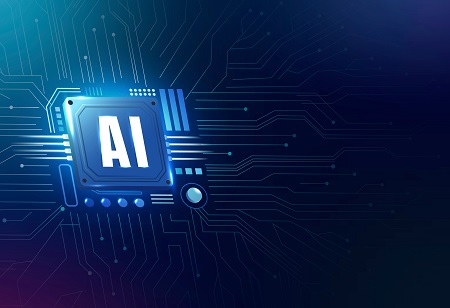
UAE Government Join Hands with Mastercard To Enhance Adoption of AI

 A Memorandum of Understanding (MoU) was signed today between Mastercard and the UAE's Artificial Intelligence, Digital Economy and Remote Work Applications Office to advance regional artificial intelligence (AI) capacity and preparedness. An initial focus of the cooperation will be devoted to combating financial crime, safeguarding the digital ecosystem, and promoting inclusive growth in the UAE and abroad. AI is playing an increasingly transformative role across society.
A Memorandum of Understanding (MoU) was signed today between Mastercard and the UAE's Artificial Intelligence, Digital Economy and Remote Work Applications Office to advance regional artificial intelligence (AI) capacity and preparedness. An initial focus of the cooperation will be devoted to combating financial crime, safeguarding the digital ecosystem, and promoting inclusive growth in the UAE and abroad. AI is playing an increasingly transformative role across society.
Minister of State for Artificial Intelligence, Digital Economy, and Remote Work Applications Omar bin Sultan Al Olama emphasized the UAE government's committed efforts toward strategic alliances with the private sector and top global businesses. These partnerships have been acknowledged as key catalysts for accelerating the adoption of artificial intelligence, a vital step in the country's road towards digital wealth and growth.
Al Olama emphasized the value of bilateral collaboration while highlighting the necessity of achieving the goals set forth in the UAE Strategy for Artificial Intelligence 2031. This plan intends to maintain the UAE's status as a top artificial intelligence center.
In parallel, it aims to promote the creation of thorough technology-driven frameworks within priority industries. Additionally, he commended Mastercard for its efforts to integrate artificial intelligence and for opening a worldwide center for cutting-edge technology and artificial intelligence in the United Arab Emirates.
While Mastercard launched its most recent global center for advanced AI and cyber technology in Dubai, this agreement was signed.
The Centre will concentrate on protecting the digital ecosystem and promoting inclusive growth in addition to creating AI-powered solutions to combat financial crime. In order to speed AI innovation globally and serve clients from the UAE, it will also act as a hub to develop and hire local AI talent, including data engineers and data scientists.

